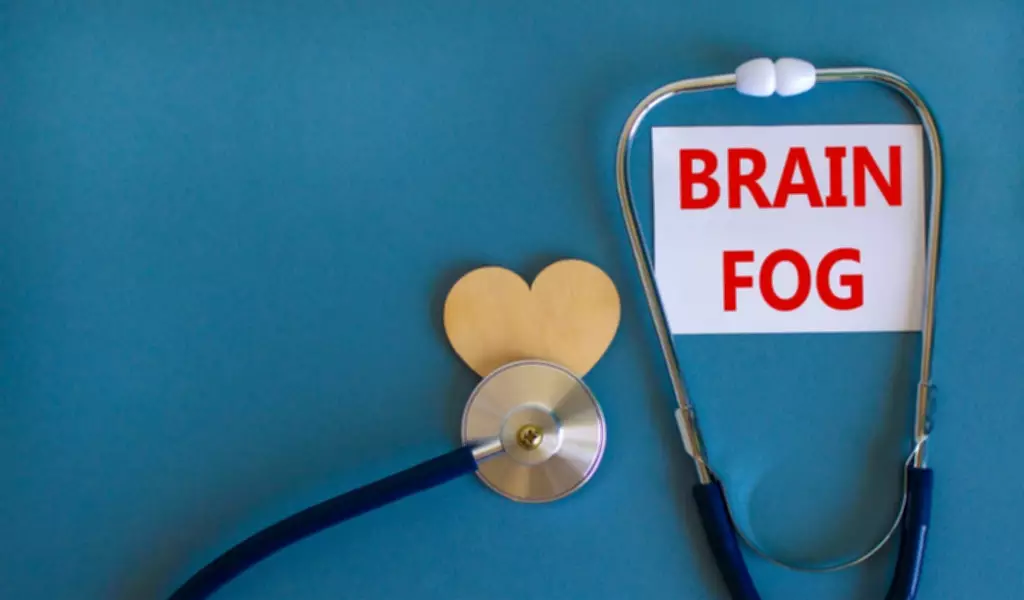Content
Even if these comments start off as jokes, they’re a sign that your drinking has become a noticeable pattern to those around you. For example, any amount of drinking increases the risk of breast cancer and colorectal cancer. The bottom line is that alcohol is potentially addictive, can cause intoxication, and contributes to health problems and preventable deaths. If you already drink at low levels and continue to drink, risks for these issues appear to be low. Francisco Church is a rehabilitation specialist and the chief editor of Recovery Ranger.

It is alleged that Roman winemakers had to mask their products’ flaws by adding spices, herbs and other ingredients to the freshly pressed grape juice, which is known as must. “Meet them where they are, work like hell to get them somewhere better,” said Dr. Corey Waller, chief medical officer at BrightView Health. 1 is supposed to help and house — have high rates of addiction, SAMHSA found.
The Science Behind Wine Addiction
Sulfites are used to kill unwanted bacteria and yeasts in the winemaking process. Since 1987, American producers have been required to mention the presence of sulfur if it exceeds 10 parts per million (ppm) in the finished wine. The intention of these additives is not to adulterate the wine, but to stabilize it.
- Hey, we’ve all made that one stupid move at that one party after knocking back a few too many.
- The average alcohol content by volume (ABV) for wine is 11.5 to 13.5 percent, which is considered a medium-alcohol content.
- There are many different types of wine, each made from a different variety of grape and yeast strains.
- Wine tasting and appreciation have grown in popularity, attracting enthusiasts who appreciate the complexity and craftsmanship behind various wines.
- No one should assume the information provided on Addiction Resource as authoritative and should always defer to the advice and care provided by a medical doctor.
Conversely, men tended to indicate more often that any type of alcohol boosted aggression. If you feel relaxed when you have a beer with your friends after work, but a glass of whiskey on the rocks makes you want to pick a fight with your loud neighbor, then you’re not alone. To fully enjoy wine tasting and appreciation, approach it with an open mind and a willingness to explore new flavors and styles. Remember, everyone’s palate is different, so trust your preferences and enjoy discovering your favorite wines. Research has shown that alcohol affects the hippocampus, a vital region for memory formation and retrieval. Consequently, individuals may struggle to recall events or information after consuming wine.
Taking Risks
Most wine additives are safe, however, there have been a few notoriously famous cases of unsafe wine additives in the past. Let’s get into the nitty gritty truth about wine additives and dispel some common wine is wine addictive additive myths. She later married and started a family and, from the outside, her life looked swell. “Much like the women in the Facebook exercise video, I was doing aerobics. I was involved in soccer, church.”
Wine, like other alcoholic beverages, contains ethanol, which has the potential to alter the brain’s reward system and lead to addictive behaviors. Suboxone (buprenorphine/naloxone) is indicated for the treatment of opioid https://ecosoberhouse.com/ dependence in adults. Suboxone should not be taken by individuals who have been shown to be hypersensitive to buprenorphine or naloxone as serious adverse reactions, including anaphylactic shock, have been reported.
Neglecting Responsibilities to Drink
Almost 30 percent of survey respondents who drank spirits said that they felt more aggressive when they chose this type of alcohol. By contrast, only 2.5 percent of red wine drinkers blamed this beverage for a rise in feelings of aggression. Warren is a Licensed Master Social Worker, who specializes in substance abuse and mental health treatment. Clinically, Warren has developed a therapeutic skillset that utilizes a strengths-based perspective, Twelve Step philosophies, Cognitive Behavioral Therapy and Motivational Interviewing.
Acetaldehyde is not only formed from alcohol but is found in wine and other alcoholic drinks. Thus, it can cause local tumors, especially of the upper airway and gut. Both the ethanol and the acetaldehyde in alcoholic drinks may cause human cancer.